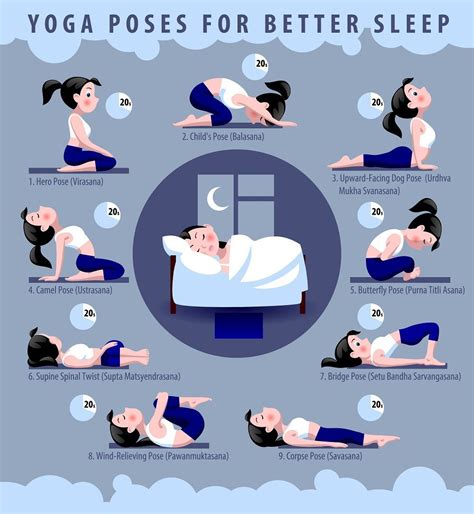Best bedtime routine for deep, restorative sleep?

Achieving deep, restorative sleep isn’t just a luxury; it’s a fundamental pillar of health, impacting everything from mood and cognitive function to physical recovery. Yet, in our fast-paced world, quality sleep often feels elusive. The good news is that cultivating a consistent, intentional bedtime routine can dramatically improve your sleep quality. This isn’t about rigid rules, but rather a sequence of calming habits that signal to your body and mind it’s time to wind down.

Establish a Consistent Sleep-Wake Schedule
One of the most powerful tools for better sleep is maintaining a consistent sleep schedule, even on weekends. Going to bed and waking up at roughly the same time each day helps regulate your body’s natural circadian rhythm, making it easier to fall asleep and wake up feeling refreshed. Aim for 7-9 hours of sleep per night for most adults.

Create a Relaxing Wind-Down Ritual
The hour or two before bed should be dedicated to unwinding. Avoid stimulating activities like intense exercise, work-related tasks, or arguments. Crucially, limit exposure to blue light from screens (phones, tablets, computers, TVs) at least an hour before bed. Blue light can suppress melatonin production, the hormone that signals sleep.
Instead, choose calming activities:
- Read a physical book: Immerse yourself in a story or learn something new.
- Take a warm bath or shower: The drop in body temperature afterward can promote sleepiness.
- Practice gentle stretching or yoga: Release physical tension.
- Listen to soothing music or a podcast: Opt for instrumental sounds or calming narratives.
- Meditate or deep breathing: Calm your mind and slow your heart rate.

Optimize Your Sleep Environment
Your bedroom should be a sanctuary for sleep. Focus on making it:
- Dark: Use blackout curtains or an eye mask to block out all light. Even small amounts of light can disrupt sleep.
- Quiet: Minimize noise with earplugs, a white noise machine, or a fan.
- Cool: The ideal temperature for sleep is generally between 60-67°F (15-19°C).
- Comfortable: Invest in a supportive mattress, comfortable pillows, and breathable bedding.

Mind Your Diet and Exercise Habits
What you consume and when you exercise can significantly impact your sleep. Avoid caffeine and nicotine, especially in the late afternoon and evening, as they are stimulants. Limit alcohol before bed, as it can disrupt sleep architecture, leading to fragmented sleep. Heavy, fatty, or spicy meals close to bedtime can also cause indigestion and discomfort, so aim for lighter dinners a few hours before sleep.
Regular exercise is excellent for sleep, but time it wisely. Finishing intense workouts too close to bedtime can rev up your system and make it harder to fall asleep. Aim to complete vigorous exercise at least 3-4 hours before heading to bed.

The Power of Consistency and Patience
Building an effective bedtime routine takes time and consistency. Don’t get discouraged if you don’t see immediate results. Stick with your chosen habits for a few weeks, making small adjustments as needed. Pay attention to what works best for your body and mind. Over time, these consistent signals will train your body to anticipate sleep, making the transition smoother and the sleep itself more profound.
By consciously designing your evening hours and creating a sleep-conducive environment, you’re not just preparing for bed; you’re investing in your overall health, energy, and quality of life. Embrace the journey to better sleep, and wake up to a brighter, more rested you.









